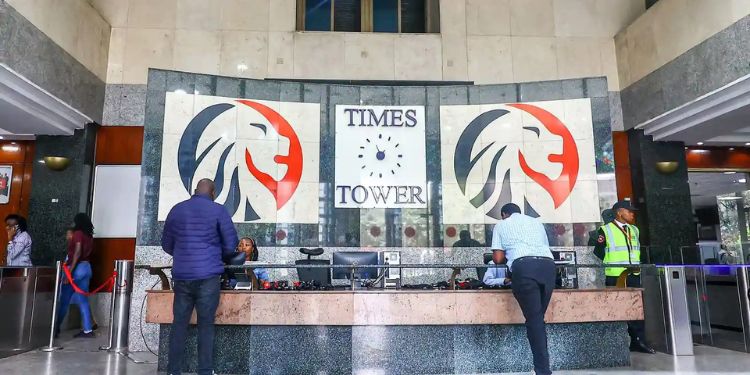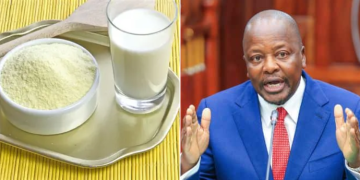Discussions are underway about introducing a wealth tax targeting the rich as a means of reducing inequality, according to a recent report.
If considered by the Kenya Revenue Authority (KRA), the proposal would lead to the implementation of an additional tax to complement existing taxes, which include value-added tax (VAT), excise duties, customs tariffs, and income tax.
The National Taxpayers Association (NTA), a lobby group that is behind the proposal, argues that Kenya’s existing tax framework is both regressive and insufficient in tackling wealth and income inequality.
About the Proposed Wealth Tax
The NTA has proposed a structured system that divides wealthy individuals into three distinct categories.
- Wealth holders valued between $1 million and $3 million would face a 1.5% yearly levy, expected to bring in close to Sh22 billion from roughly 5,700 people.
- Those whose assets fall between $3 million and $100 million would be taxed at 3%, potentially yielding around Sh58 billion.
- Individuals with assets above $100 million would attract a 5% charge, projected to generate about Sh20.6 billion.
If the wealth tax proposal by the NTA is implemented, the government could reap several benefits.
One benefit is stimulated economic growth. Funds generated from wealth taxes can be invested in essential public services like infrastructure, education, and job creation, which could expand the middle class, boost consumption, and drive economic growth.
Also Read: KRA Announces New Bosses Amid Leadership Shake-Up
Another advantage is enhanced tax compliance and trust. When the wealthy contribute their fair share, it fosters greater trust in government institutions and reinforces social cohesion, which could lead to improved overall tax compliance.
Taxing the wealthy would also diversify revenue sources. By reducing reliance on regressive consumption taxes (such as VAT) and income taxes from a narrow formal sector, the tax system can become more resilient.
Additionally, the government could also see increased revenue. Taxing high-net-worth individuals can generate substantial funds to reduce fiscal deficits, limit borrowing, and alleviate the national debt burden.
Current Taxes Imposed on Kenyans
The Kenya Revenue Authority (KRA) imposes a comprehensive set of taxes and levies on individuals and businesses, which are categorized into direct and indirect taxes.
Direct taxes include income-based taxes such as the progressive Pay-As-You-Earn (PAYE) system for employees, with rates rising to 35% for the highest earners. Corporations are subject to corporate tax, and businesses below a certain revenue threshold must pay Turnover Tax.
Also Read: KRA Clarifies Taxing Bank and M-Pesa Deposits
Other direct taxes include Capital Gains Tax on property transfers, withholding tax on specific income types (such as interest and royalties), and rental income tax.
On the indirect side, the KRA collects Value Added Tax (VAT), a consumption tax applied to goods and services, alongside excise duty, which is levied on specific locally manufactured or imported goods and services, such as telephone services, betting, and money transfers.
In terms of international trade, customs duties, including import duty, a railway development levy, and an import declaration fee, are also enforced.
Follow our WhatsApp Channel and X Account for real-time news updates


















































![Senator Allan Chesang And Chanelle Kittony Wed In A Colourful Ceremony [Photos] Trans Nzoia Senator Allan Chesang With Channelle Kittony/Oscar Sudi]( https://thekenyatimescdn-ese7d3e7ghdnbfa9.z01.azurefd.net/prodimages/uploads/2025/11/Trans-Nzoia-Senator-Allan-Chesang-with-Channelle-KittonyOscar-Sudi-360x180.png)























